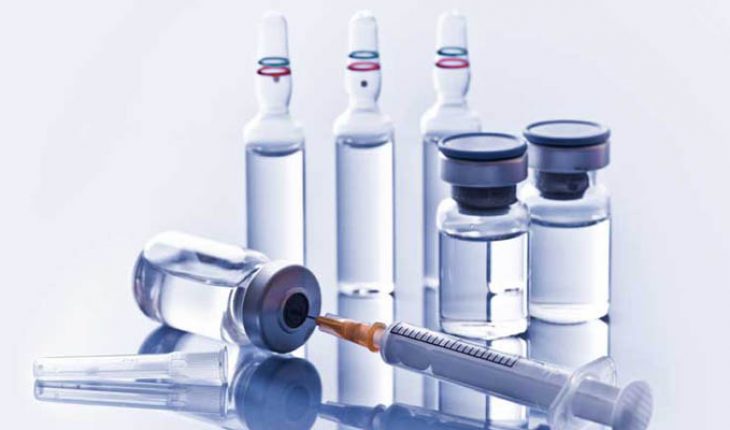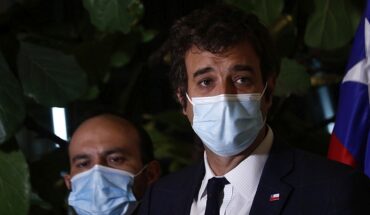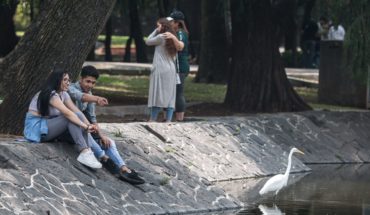World. – A team of doctors and biologists warns in an article published in the journal Science about several groups that “are working to develop and self-administer unproven and unproven interventions describing them as vaccines for covid-19”.
Among the actors pursuing such an objective are both collective and individual enthusiasts, the researchers detail.
One of them is the Association of American Scientists Collaboration for the Rapid Development of a Vaccine (RaDVaC). In July, the group reported having administered its own-made intranasal vaccine, consisting of SARS-CoV-2-like peptides and allegedly guaranteeing local immunity to the virus.
Although RaDVaC has pointed out that it considers its mission humanitarian and only seeks to advance the omnipresence of a covid-19 vaccine, the methods of this group, which operates according to the concept of citizen science, are far from those required by law, the authors of the article highlight. “RaDVaC’s chosen research path—including home intervention, an evolving protocol, and unclear plans to collect and analyze the resulting data—contrasts with traditional vaccine development routes, which require randomized controlled trials (ECA) with well-defined assessment criteria, such as proven immune responses, and protocols related to data retention and use” Indicate. They also note that the association published a guide to the home manufacture of their vaccine.
In addition, there are other promoters of the development of unregulated covid-19 vaccines. One of them is the small group known as Project McAfee, which injected a vaccine previously tested only on monkeys. Similarly, at least one ‘biohacker’ and a microbiologist administered un approved vaccines to several dozen people.
“Regulatory leadership needed”
Formally, the U.S. Food and Drug Administration (FDA) has no jurisdiction over making vaccines at home and dissecasting information about their creation, however it has the right to regulate its transportation across state borders, the authors of the article emphasize. “Given the public health risks of unsafe or ineffective vaccines, regulatory leadership is needed,” scientists warn.
In a commentary published in a University of Illinois statement, Jacob Sherkow, one of the authors of the paper, called on people to refrain from improvised vaccines.
“We all sympathize with the idea that people want to get vaccinated against the virus. But people need to understand that not all home remedies will help and some can be fatal,” the researcher said.
translated from Spanish: Scientists warn against the use of improvised coronavirus vaccines
September 26, 2020 |





